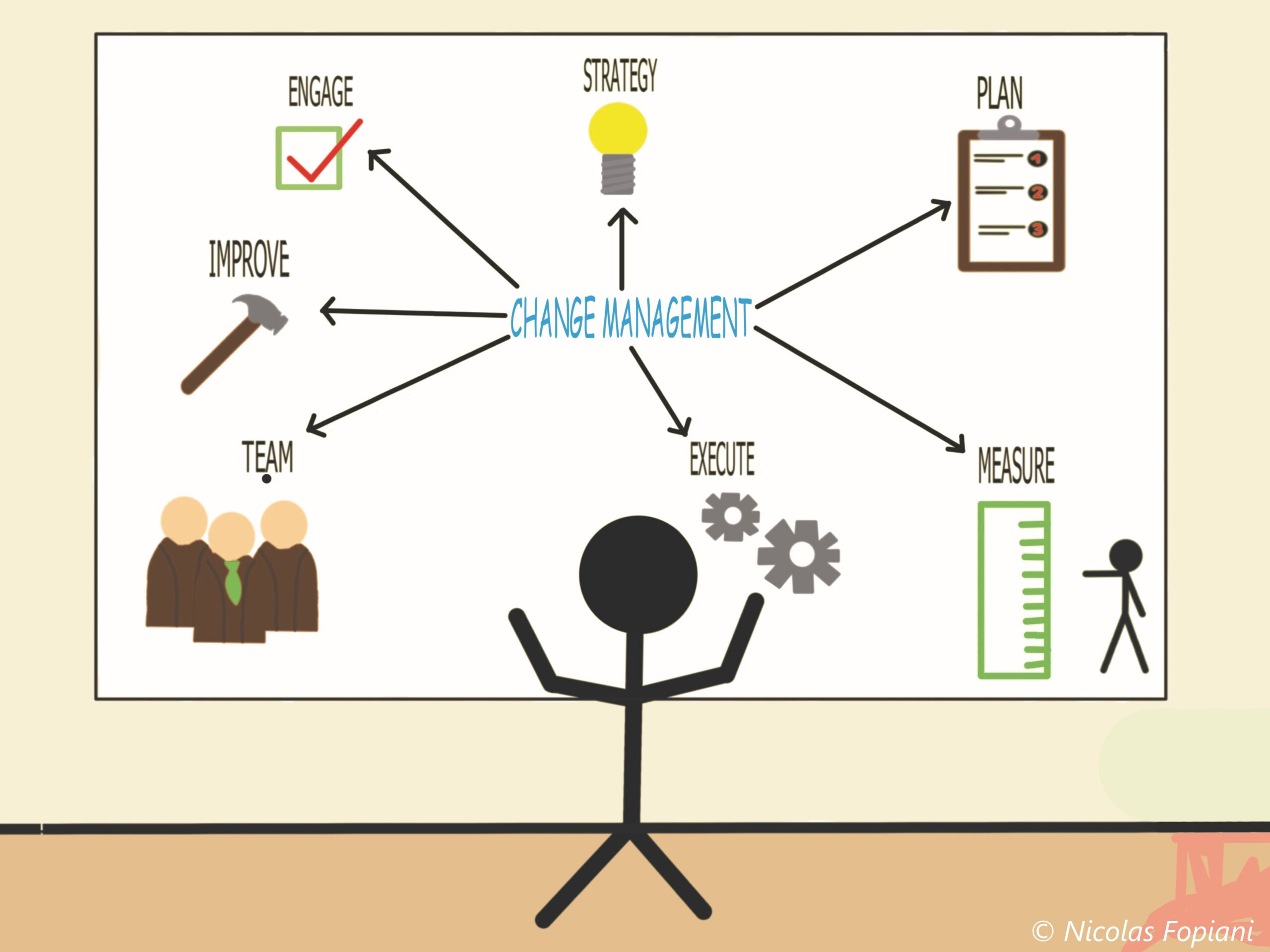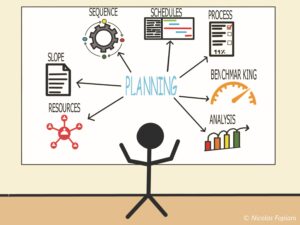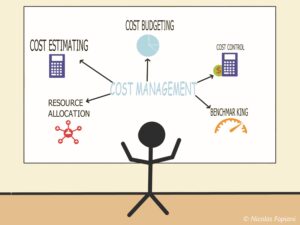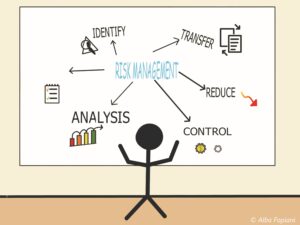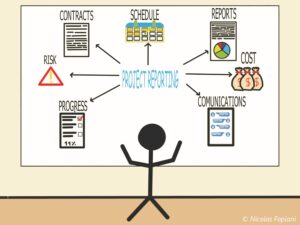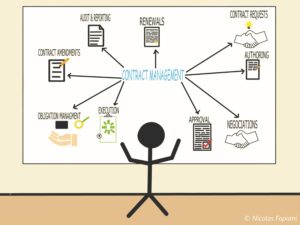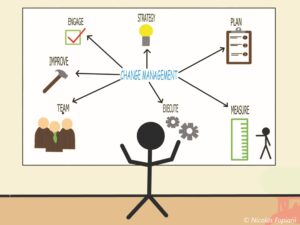Project Controls
Integral support of project management and control to companies, ensuring follow up of established systems and procedures, proposing alternatives and improvements, if necessary, and developing system and procedures.
Unless the company follows a different criterion, all works will be performed in compliance with PMI guidelines.

Planning
Planning should not only be considered as the presentation of the project initial plan but be taken onboard as a necessary tool for project execution. To achieve this goal, plans and schedule need to be realistic with the involvement of stakeholder to ensure the plans and schedule embraced by the project team.
The schedule needs to be a tool, not only to show the current position and where we are but also what is more relevant, the schedule shall also show where we go and deadlines evolution. To achieve this objective, regular updates are mandatory taking into account risks, execution alternatives and actuation flags in a proactive approach ensuring schedule resilience.
Major tasks to be implemented to achieve this goal are:
- WBS definition in accordance with the project management plan, contractual structures and third parties.
- Preparation of plans and schedules for all necessary phases of the project and for the entire project.
- To ensure critical path stability and schedule resilience.
- To define coherent, specific and material activities.
- To define activities weight and inclusion.
- To schedule updates based on achieved progress.
- Preparation of progress measurement system and periodical measure, ensuring basis between plan and actual are coherent
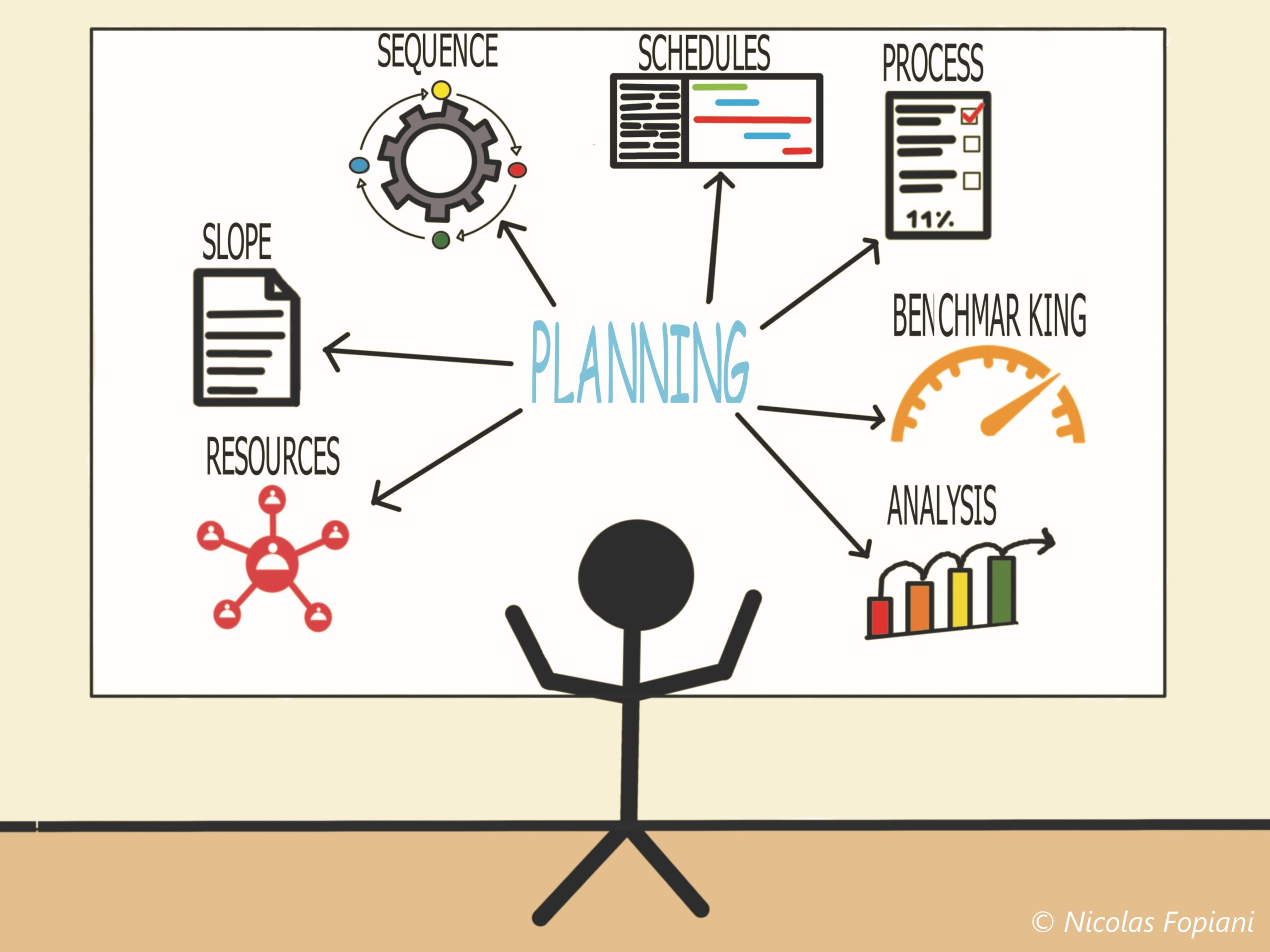
Cost Control
Cost control is different from finance, as it should not only take into consideration actual cost but also become a tool of project budget performance and forecast project completion.
Therefore, the inclusion of third parties costs, risks and estimates exclusions within allowances and contingencies are a key for the work.
Major tasks to achieve these goals are:
- Definition of CBS in accordance with the project management plan, contractual structures and third parties.
- Alignment between CBS and WBS to ensure successful Earned Value Measurement.
- Preparation of Budget for all necessary phases of the project; including allowances and contingencies.
- Cost and Budget update on every cut-off.
- Preparation of yearly and monthly investment and expenditure reports, always updated with current progress and schedule forecast.
- Ad hoc information on insurable values and others.
- Monitor schedule/cost performance to clearly differentiate cost overruns/savings from delays.
- Final account settlement for project and contracts.
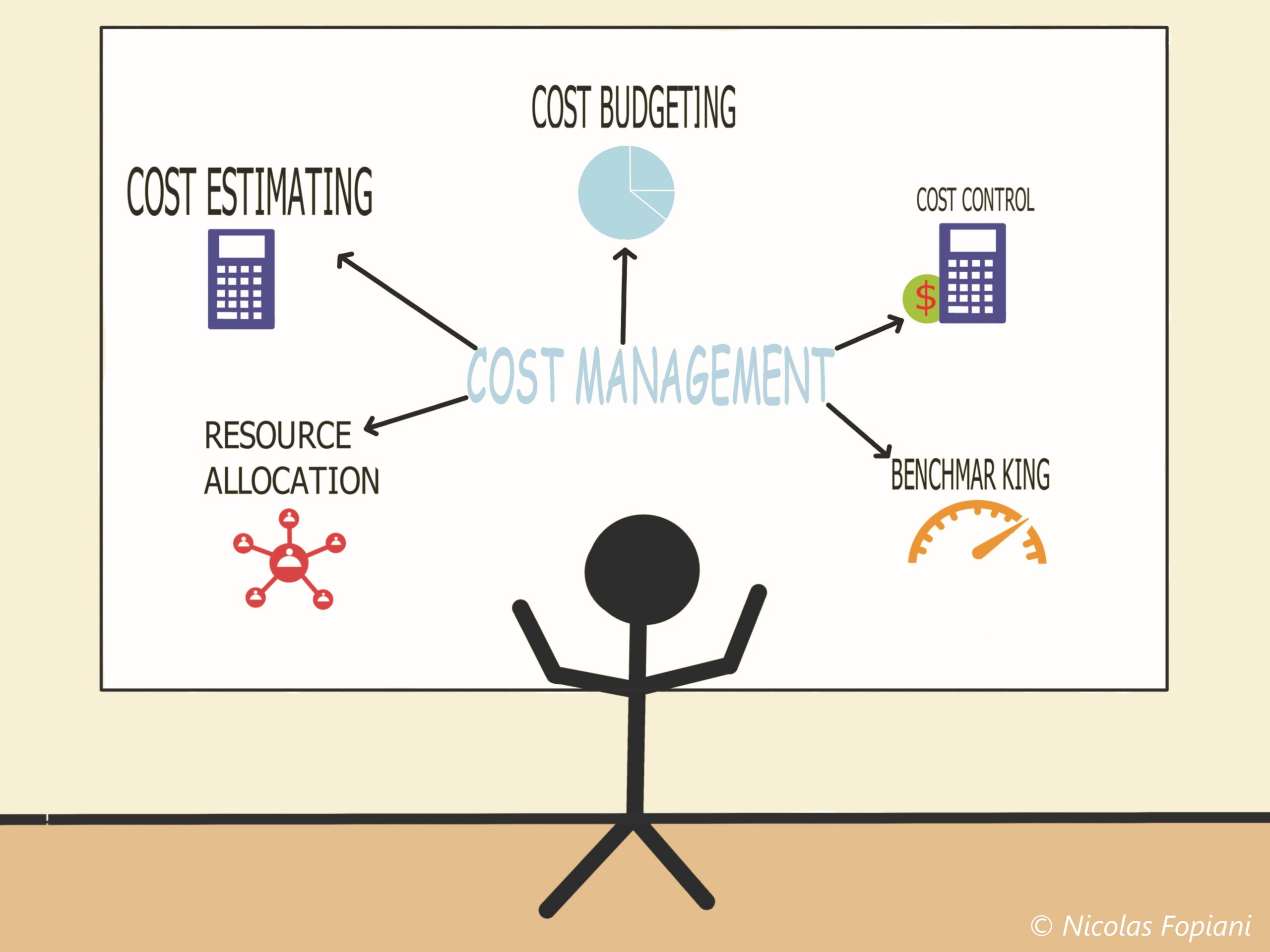
Risk Management
Without any doubt, risk management is, directly and indirectly, the core of project management. The fundamental reason to have a specific and skilled project management team is dealing with uncertainty as there are no two projects equal and largely affected by the project enviroment.
Risk management should be taken into consideration in all project phases to anticipate any potential issue, take measures in accordance and ensure successful completion of the project.
Major tasks to achieve this goal are:
- An adequate project management procedure in place, with adjusted risk matrix, fitted to the project and organization.
- Preparation and facilitation of regular risk workshops to identify and monitor the status of project risks.
- Quantitative risk assessment on schedule and cost to determine at early stages of the project, the resilience of the schedule and develop the schedule with necessary schedule contingencies, and inclusion in project´s budget the necessary allowances and contingencies.
- Risk reporting and communication to project stakeholders, giving visibility of risk, mitigation actions and follow up the status of risks.
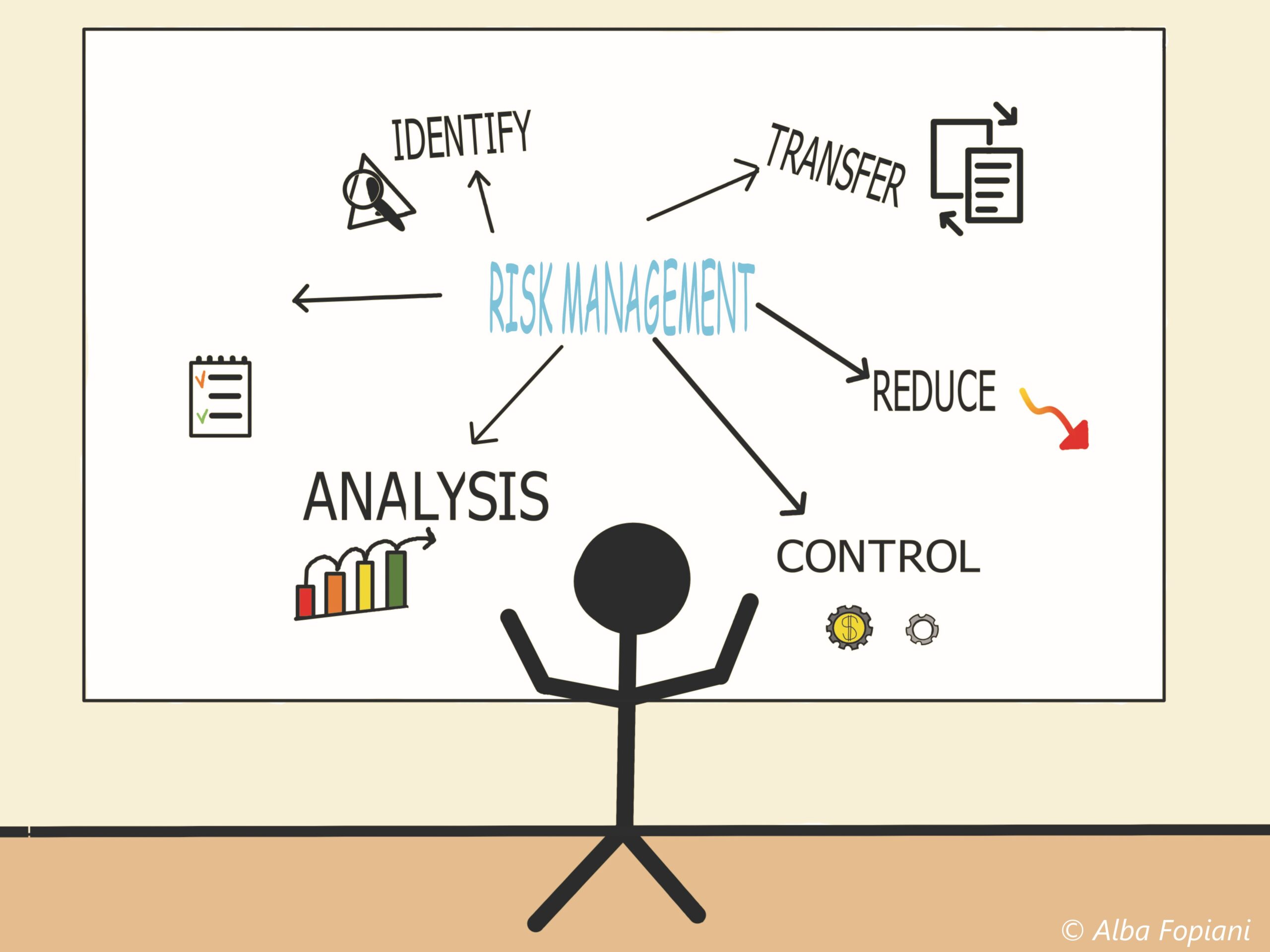
Reporting
Reporting represents the communication of project status and highlights of project issues for stakeholders’ action.
Reporting needs to be addressed to the reader; what is relevant for a forum, could be irrelevant irrelevant for others.
Reporting shall be considered a tool showing accurate information and guidance in the management decision process.
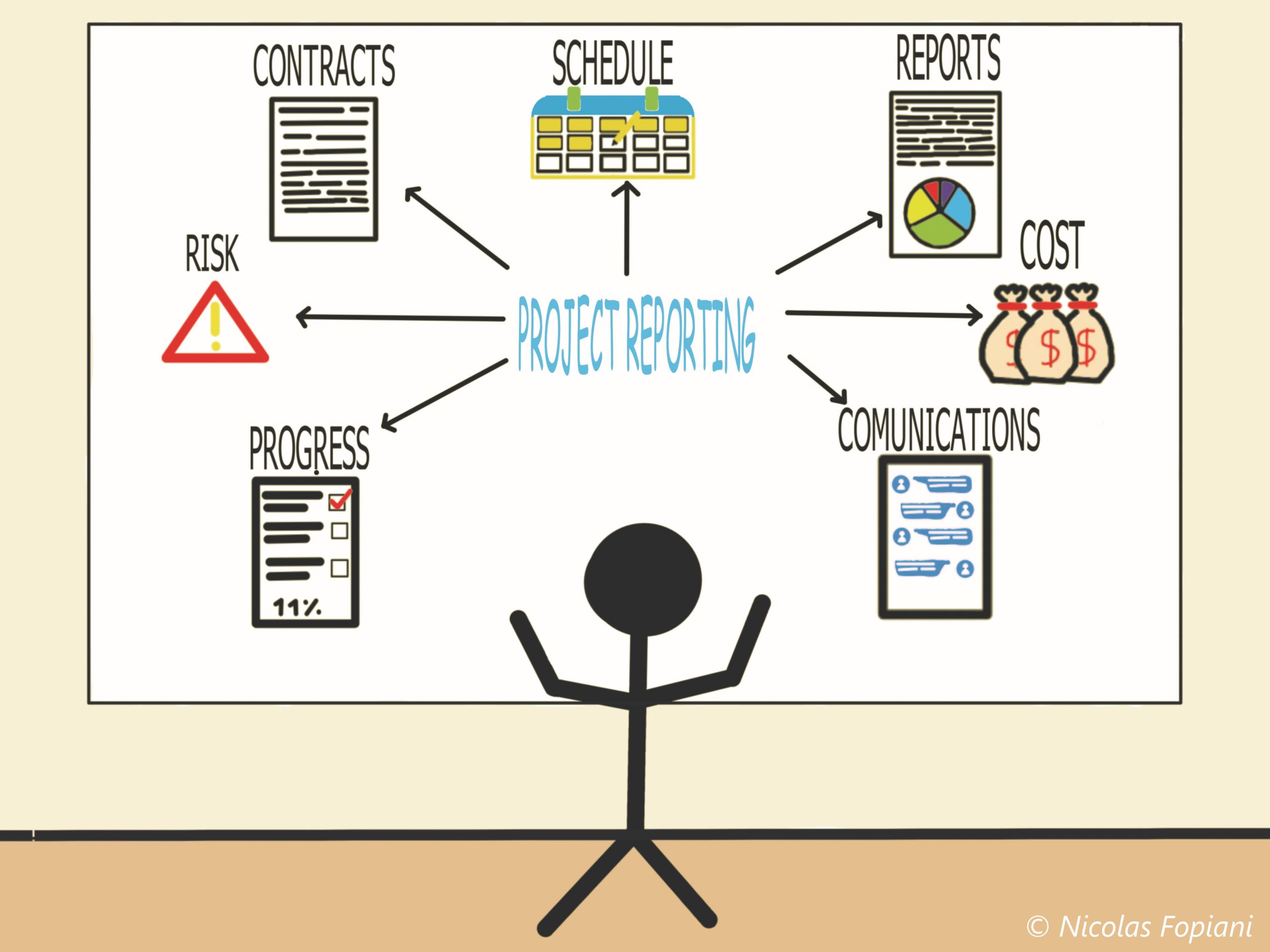
Contract Management
Contract role is to have clarity of the works, the framework where works are executed, parties’ obligations and parties’ protection when things go wrong.
Therefore, it is fundamental to have a robust and properly defined contract, have a close follow up on obligations and timely communication in case of deviations from contractual terms.
Major tasks to achieve this goal are:
- Drafting and negotiation of robust contract terms for all parties acceptance.
- Contractual differences negotiation.
- Follow up and observance of works execution in relation to contractual terms.
- Timely notification among parties.
- Robust record of issues and deviations.
- Identification of contractual action and timely execution.
- Discussion and settlement of disputes.
- Preparation for legal actions, in case necessary
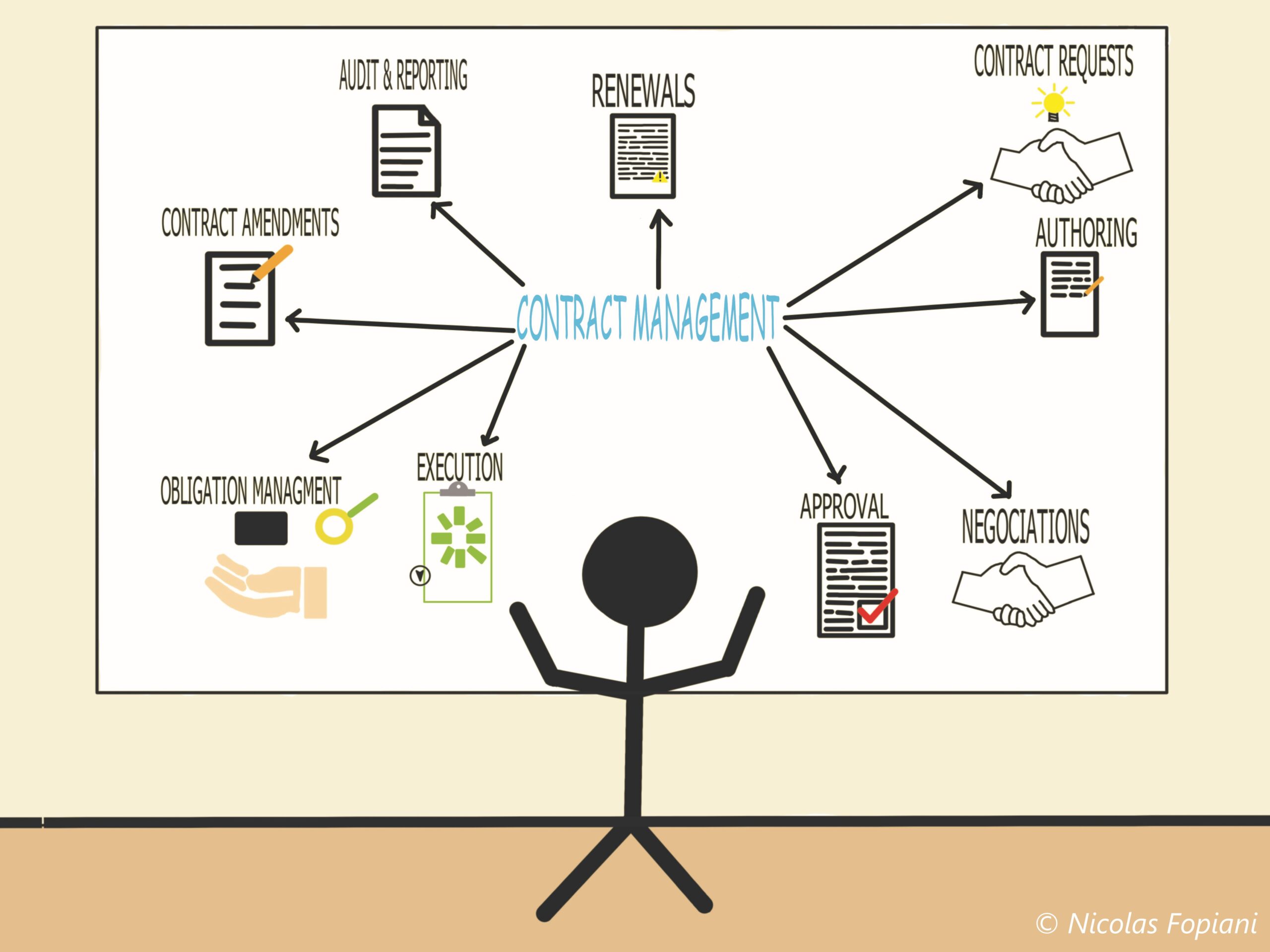
Management of Change
All projects suffer changes in its scope; sometimes due to mistakes or incoherencies in the documentation and other times due to unforeseen specific needs.
It is fundamental to have a robust control of changes to properly identify if a change is needed or is “nice to have” instead, having full control of the impact, settlement process and time limit for its application.
Major tasks to achieve this goal are:
- Record of changes, showing the status.
- Internal discussion on the real need of changes.
- Internal analysis if it is a real change or part of the contract.
- Internal estimates of changes impact to be compared with other parties estimates.
- Negotiation of changes and settlement.
- Proper record of changes and coordination with the schedule and cost to determine the real impact and limit date of implementation.
